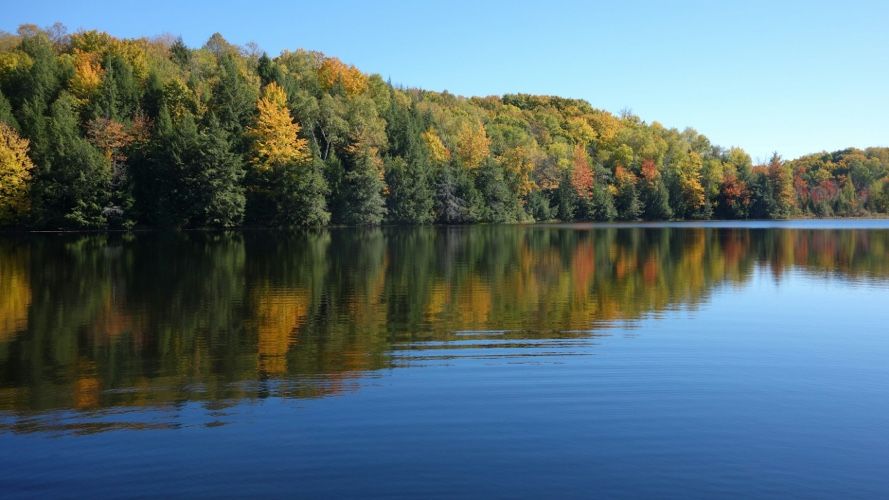What’s the weather like for camps in Wisconsin?
Wisconsin summers are warm and humid, with daytime highs typically in the upper 70s°F to mid 80s°F. Occasional thunderstorms occur. Pack light clothing and rain gear.

Wisconsin summers are warm and humid, with daytime highs typically in the upper 70s°F to mid 80s°F. Occasional thunderstorms occur. Pack light clothing and rain gear.
Wisconsin camps generally run from early June through mid-August, with sessions varying from one week to the full summer.
The state offers traditional overnight camps, day camps, and specialty programs in arts, sports, and nature education.
Popular camp regions include the Lake Michigan shoreline, the Northwoods, and areas around Milwaukee and Madison.
Common airports for Wisconsin camps include:
Drive times vary from 30 minutes to 2 hours depending on camp location.
Flying is common for families traveling from out of state, with rental cars often used to reach camp locations in rural areas.
Lodging options near camps include family-friendly hotels, inns, and rental cabins suitable for weekend visits.
Wisconsin’s camps provide a welcoming environment where children can explore nature, develop new skills, and make lasting friendships.
Parents should consider their child’s interests and comfort with overnight or day camp when selecting a program.
The variety of camps ensures there are options for kids who enjoy outdoor adventures as well as creative and athletic pursuits.
Use these resources to help:
Learn more about day camps essentials
Learn more about overnight camps essentials
Learn more about specialty camps essentials
Learn more about traditional camps essentials
You can also learn more in our guide to different types of summer camps for kids.
You can also learn about camp safety and camp accreditation to feel confident in your decision.
Wisconsin’s classic camp environments, combining water and woodland experiences, offer children opportunities for fun, friendship, and personal growth. Families can find a wide range of camps suited to diverse interests and readiness levels.
Learn how to find the best camps near you and start planning an unforgettable summer.
Learn more